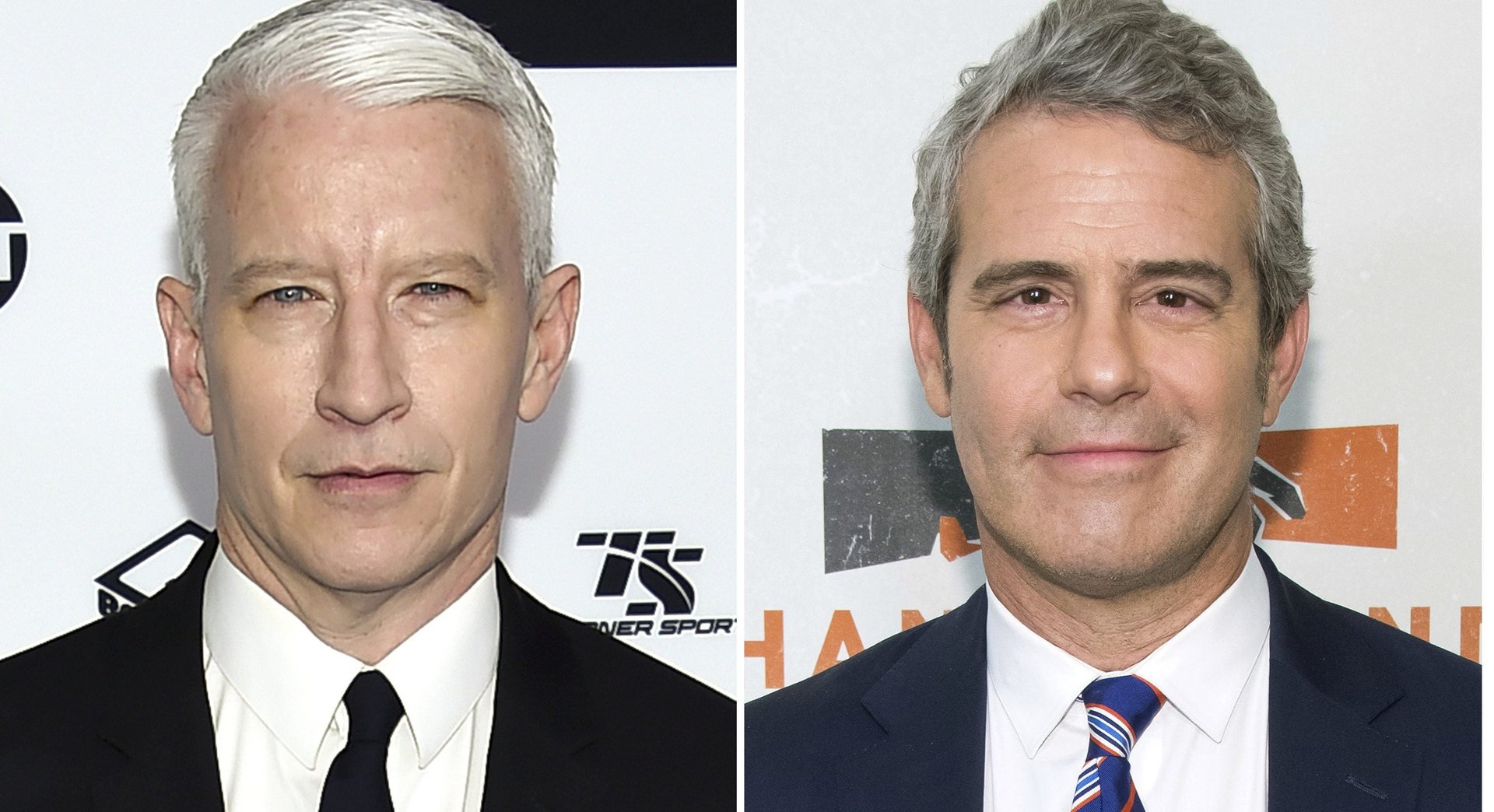Praising “gold star” gays isn’t just silly—it’s ignorant and divisive
Everyone knows that Bravo TV’s Andy Cohen is gay. But it wasn’t until recently that we learned he’s a Gold Star Gay. Unfamiliar with the term? Gold Star Gays are gay men who’ve never—ever!—had sex with a woman. Cohen is proudly Gold Star—as is, apparently, his ever-present sidekick, CNN host Anderson Cooper.


Everyone knows that Bravo TV’s Andy Cohen is gay. But it wasn’t until recently that we learned he’s a Gold Star Gay. Unfamiliar with the term? Gold Star Gays are gay men who’ve never—ever!—had sex with a woman. Cohen is proudly Gold Star—as is, apparently, his ever-present sidekick, CNN host Anderson Cooper.
Former Girls star Andrew Rennel is not just gold-star, he’s a self described “pure bred” gay, while iconic financial guru Suze Orman proudly declared herself a “55 year-old virgin” earlier this year. And then there’s Jack McFarland—Will Truman’s charmingly (and aggressively) out and proud sidekick on the recent NBC reboot, Will and Grace. Indeed, Jack is not merely Gold-Star, he’s actually Platinum Star, because—owing to his C-section birth—he’s never come in contact with any vagina.
From Queer Eye for the Straight Guy to RuPaul’s Drag Race, there’s always been a level of convivial silliness about LGBT pop culture. But nothing has ever quite reached the sheer pettiness of the Gold Star phenomena. It’s not that there’s anything wrong—or necessarily right—about gays or lesbians who’ve only gone horizontal with their own gender. After all, same-sex attraction is at the core of LGBT identity.
The problem is that qualifying sexual histories with terms like “Gold Star” adds a level of competitiveness to LGBT identity that’s not only inane—it’s downright divisive. “Gold Star” suggests, in a sense, that there’s are right and wrong ways to be gay—and that folks like Cohen are writing the rules.
Not every gay person has had the ability—or, yes, privilege—to avoid “performing” heterosexuality before they were able to come out. Indeed, for many young men and women, “acting straight” isn’t just an expression of sexual ambiguity—it’s literally an act of survival. Embedded in communities where rejecting straightness can mean losing their families, jobs and even their lives, chasing some nebulous gilded star is as removed from their realities as…well…being a millionaire cable TV executive or heir to an American dynastic fortune.
Beyond the sheer elitism of the Gold Star goofiness, there’s also its lack of humanity. Sure, many gay folks intuitively understand and embrace their desire for the same sex from the get-go. But for most folks—including a large number of self-identified “straight” folks—sexuality is far more complex (and probably a lot more interesting). Their identity journeys are laced with levels of experimentation that fully acknowledge the limitless range of love, lust and sexual behaviors.
Sure, for gay folks this range can include moments of shame, frustration, and humiliation. But it’s these blips of discomfort that are often the catalyst for propelling the sexually questioning toward their ultimate same-sex destinies. Indeed, it’s the act of straight sex that often confirms that someone is truly gay.
The good news is that this whole Gold Star nonsense is already facing a backlash. Critics are not just chastising its futile competitiveness, but also the way Gold Star status excludes LGBTs with non-conventional gender and identity statuses (say, the bisexual or trans). In short, they’re asking why at a moment that has never demanded more community cohesiveness, some gay men insist on random—and downright rank—rankings.
It would be easy to say—and probably true—that celeb Gold Stars like Cohen and Cooper don’t actually take their status very seriously. That it’s far more shtick than fact. And that’s cool. But gays—especially white male gays—love nothing more than to make their worlds shiny and bright. But where does that leaves the LGBT masses whose stars don’t always rise to such lofty heights?